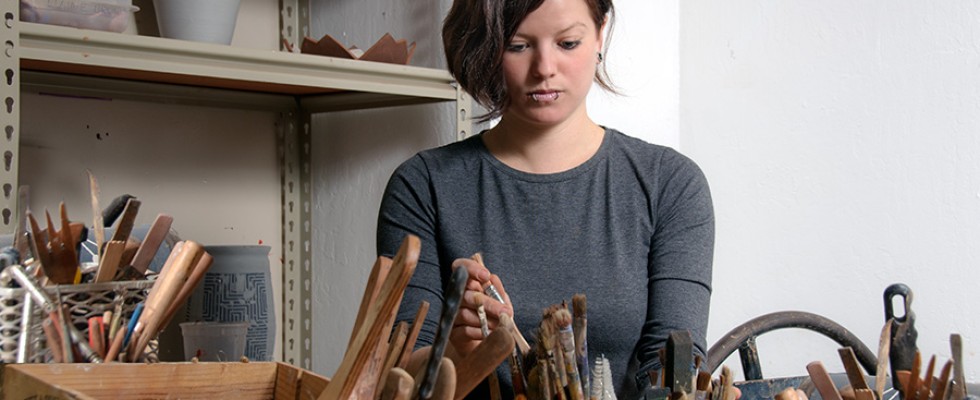Hospitality House Projects
For several years, I have served on the Board of Hospitality House, a big-hearted organization that has been a touchstone for the homeless and low-income community in San Francisco’s Tenderloin neighborhood since 1967. Through its unique combination of peer-led programs and advocacy actions, Hospitality House has empowered many homeless and low-income people to unite their voices for social change.
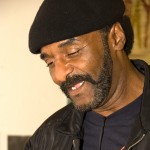 Programs
Programs
The Tenderloin Self-Help Center, Sixth Street Self-Help Center, the Community Arts Program, the Community Building Program, and the Shelter Program. Altogether, they enhance the economic, mental, physical, and social health of the homeless and low-income community. A wide spectrum of services includes housing and benefits advocacy, harm reduction-based substance use counseling, emergency shelter, money management support, creative expression, and job creation.
Mission
As a Board member, I have seen the staff put into daily practice our mission: to build community strength by advocating for policies and rendering services which foster self-sufficiency and cultural enrichment; to encourage self help, mutual respect, and increased self-esteem. The goal of these efforts is to make the heart of San Francisco a better place for us all.
Advocacy and Activism
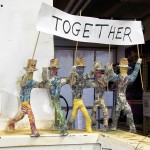 I serve on this Board, because Hospitality House addresses homelessness and poverty both for individuals and on the broader social level. It endeavors to unite participants’ voices to educate the larger community about homelessness and economic poverty, to distribute power to those on the periphery of public policy making, and to stimulate social change.
I serve on this Board, because Hospitality House addresses homelessness and poverty both for individuals and on the broader social level. It endeavors to unite participants’ voices to educate the larger community about homelessness and economic poverty, to distribute power to those on the periphery of public policy making, and to stimulate social change.
My Projects
Too often, homeless people are portrayed as helpless victims. Here participants and peer staff appear as people who have struggled against homelessness, hunger, addiction, incarceration and disability to become community leaders.
Meet the Peer Staff:
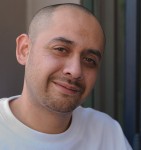 Staff people talk about the unique challenges and power of peer-led programming. Most staff members have lived through the same experiences as the people they serve. Peer-led programming promotes stable, trusting relationships. It also promotes leadership development within the communities we serve. I hope that by reading the stories of peers advocates, visitors to the Peers’ Page will understand their extraordinary courage and talent, as well as the extensive training and support Hospitality House must devote to build their skills, their effectiveness as advocates and counselors, and their long-term professional development.
Staff people talk about the unique challenges and power of peer-led programming. Most staff members have lived through the same experiences as the people they serve. Peer-led programming promotes stable, trusting relationships. It also promotes leadership development within the communities we serve. I hope that by reading the stories of peers advocates, visitors to the Peers’ Page will understand their extraordinary courage and talent, as well as the extensive training and support Hospitality House must devote to build their skills, their effectiveness as advocates and counselors, and their long-term professional development.
Everyday Heroes
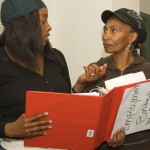 Hospitality House participants and staff tell their stories. On a daily basis, they dedicate themselves to “give back” to the community that has done so much for them. By setting an example of self-empowerment, they encourage currently homeless, addicted or disabled people along the path to self-determination, independence and community involvement.
Hospitality House participants and staff tell their stories. On a daily basis, they dedicate themselves to “give back” to the community that has done so much for them. By setting an example of self-empowerment, they encourage currently homeless, addicted or disabled people along the path to self-determination, independence and community involvement.

